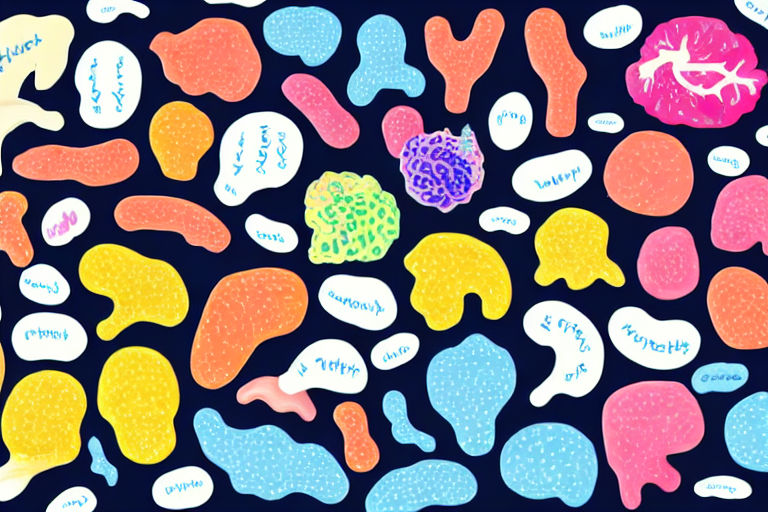The Link Between Gut Health and Mental Health: What You Need to Know
Maintaining both physical and mental health is vital to live a healthy and happy life. Although most of us are conscious about our physical health, we often overlook our mental health. The truth is, our physical and mental health are interconnected. The health of our gut can affect our physical health as well as our mental health.
Have you ever experienced butterflies in your stomach before a job interview or a first date? This is because the gastrointestinal tract, known as the gut, is very sensitive to emotions. Our gut is often referred to as our ‘second brain’ or our ‘emotional brain’. This is because our gut has a network of neurons and neurotransmitters that communicate with our brain. In fact, 90% of serotonin, which is a neurotransmitter that regulates our mood and sleep, is produced in our gut.
Research shows that a healthy gut is crucial for maintaining mental well-being. Conversely, an unhealthy gut can lead to mental health disorders such as anxiety and depression. This is because when our gut is unhealthy, it affects the production of neurotransmitters such as serotonin and dopamine. This, in turn, affects our mood, sleep, and appetite.
Here are some ways to improve your gut health:
1. Eat a balanced diet
One of the best ways to improve gut health is by eating a balanced and nutritious diet. Eating a diet rich in fruits, vegetables, whole grains, and lean proteins provides our gut with the necessary nutrients to function well. Avoid processed and sugary foods as they can damage the gut lining and increase inflammation.
2. Take prebiotics and probiotics
Probiotics are live bacteria that are beneficial for gut health. Prebiotics are indigestible food fibers that feed the good bacteria in our gut. Consuming both can improve gut health and reduce symptoms of anxiety and depression. Fermented foods like yogurt, kefir, and kimchi are great sources of probiotics. Foods like garlic, onions, and bananas are good sources of prebiotics.
3. Manage stress
Stress can have a negative effect on gut health. Meditation, deep breathing, and yoga are simple yet effective ways to manage stress.
4. Get enough sleep
Sleep is essential for both physical and mental health. Aim for at least 7-8 hours of sleep every night for a healthy gut and a healthy mind.
In conclusion, our gut health plays a vital role in our overall health and well-being, including our mental health. By taking care of our gut, we can reduce the risk of developing mental health disorders and improve our mood, sleep, and appetite. Start taking small steps today to improve your gut health and boost your mental health.



